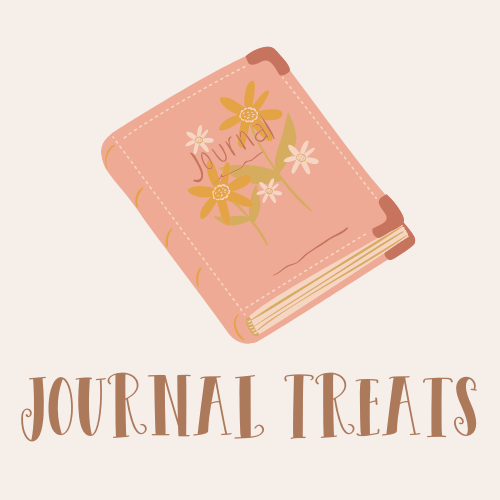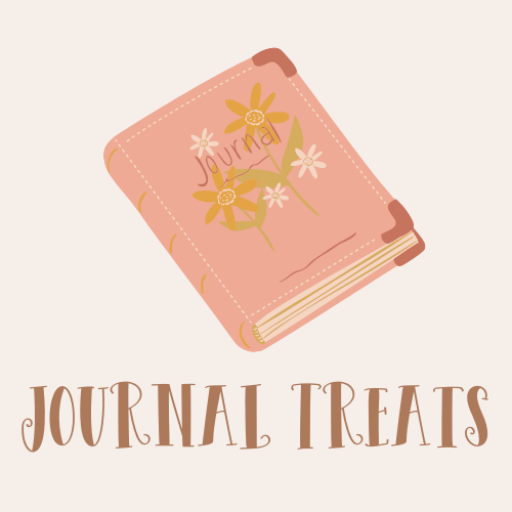
The Incredible Journey of Solo Writing

Writing on your own essentially means going on a personal adventure where you discover hidden treasures within your mind. A little quiet time to write alone can help spark your creativity, and following a routine can keep your thoughts flowing. Every writer’s path is different, but they all share one thing, and that’s the journey of self-discovery that writing can bring.
Starting in Silence

Every great writing session starts with a bit of silence, and when you cut out the noise, you can really hear your own thoughts. You’ll create a clean slate for your ideas to come through loud and clear, so you should value this quiet time. After all, that’s when your ideas feel brave enough to come out and play.
Tackling Writer’s Block
We’ve all had those moments when we’re staring at a blank page. Sometimes, though, the best thing to do is step away, so go for a walk or do something that shakes up your brain a bit. When you sit back down, you’ll probably find that those stuck ideas are ready to start flowing again. Essentially, you’re giving your mind a quick reset.
Keeping It Routine
Even though creating a writing schedule might sound boring, it’s more useful than you realize. It doesn’t matter if you’re an early bird or a night owl as long as you find the perfect time to write. Sticking to this routine gets your brain in the habit of being creative on a regular schedule, and you’ll be surprised how much easier the words come when they know when to show up.
Discovering What Matters
As you write more and more, you’ll start to notice certain themes popping up, and these themes are clues to what you’re really passionate about. When you recognize them, you’ll be able to guide your own writing. This will make your work more personal and genuinely engaging to read.
Crafting Your Voice

Your writing voice is your fingerprint because it’s unique. When you write alone, you have the space to experiment with how you say things and play around with words until you find the rhythm and style that feels just right. As such, writing alone means letting your personality shine through your words.
Reading as Inspiration
Never underestimate the power of a good book to kickstart your creativity. Reading other authors can introduce you to new techniques that you might want to try out in your own work, although you should be careful not to copy them directly. Think of it like adding new tools to your writing toolbox, which is always useful for creating your masterpiece.
Picking the Perfect Spot
Where you write can affect how well you write. Some people need the buzz of a coffee shop to get inspired, while others need the peace of their own room, so try out different places and see where you feel most creative. You might discover that changing locations can change your perspective or help you overcome a hurdle in your writing.
Emotions on Paper
Writing alone is your chance to really look at your feelings and use them in your stories. Whatever you’re feeling can fuel your writing and make your words come to life, which can help people connect more authentically with you. Even if you don’t share your writing, pouring your heart onto the page can be pretty cathartic.
The Edit Learning Curve

Forget what you’ve heard because editing doesn’t simply mean fixing mistakes but is actually a big part of how you grow as a writer. Each time you go back over your work, you’re learning by seeing what works, what doesn’t, and how you can improve. As such, you should get into the habit of regular editing sessions.
Sticking With It
Of course, writing can be tough, especially on those days when it feels like nothing’s coming together. But keeping at it, even when it’s hard, is what makes you a real writer, as each word you write is a step forward. Having the persistence to write through difficulties will improve your skills while also strengthening your commitment to your craft.
Getting Good Advice
While you might be writing solo, getting feedback from others is pretty helpful. A fresh pair of eyes can spot things you might have missed and give you new ideas on how to make your work even better. Sharing your work will break you out of your echo chamber and help you to see your writing from different angles, whether that’s from praise or constructive criticism.
Mixing It Up
Don’t be afraid to try writing different things and not just journaling. Poems and articles can keep your writing fresh, and tackling different types of writing will help you develop a versatile skill set. It also keeps your creative juices flowing because stepping out of your comfort zone can mean creating some of your most inspired work.
Tech Tools
Today’s technology can be a writer’s best friend, such as apps that help you organize your ideas and software that cleans up your grammar. There’s a whole host of digital help out there, and using these tools can take a lot of the grunt work out of writing. As such, you can focus more on choosing the right words instead.
Escape Into Words

For many writers, writing is the ultimate escape, as it gives you the chance to tell stories and go places. If you’re journaling, you’re looking at reality in a new way by discovering things from the safe confines of your mind. Here, you’re free to experiment and play with ideas that you may not get to in real life.
Writing as Therapy
Sometimes, putting pen to paper is the best way to deal with tough emotions. Writing about what’s bothering you can help you understand your feelings better and maybe even work through them. It’s pretty therapeutic because it turns abstract feelings into something real, giving you peace of mind.
Striving for Originality
Trying to be original can encourage you to explore new ideas and be more creative. If you constantly look for fresh perspectives and new concepts, you’ll challenge yourself to bring something new to the table every time you sit down to write. This means your work will be interesting and engaging.
Reflective Insights
Those moments of reflection while writing can lead to real insights. When you look back at what you’ve written, you might find connections and ideas that you didn’t see before, which can help you develop different themes. Writing by yourself means understanding your writing and yourself better.
Sharing Your Work
Eventually, you’ll want to share your writing with others, even though it’s hard, and this can connect you with people in ways you never expected. Beyond seeking approval, sharing your writing makes it part of larger conversations and could even inspire others. Any feedback you receive will fuel your next creative venture.
Share this post :


11 Methods of Combining Cleaning With Journaling for Everyday Peace

How Tidying and Writing Improve Mental Health

11 Ways to Use Cleaning and Journaling as Life Tools
Subscribe our newsletter
Stay Updated with the Latest Reviews – Subscribe to Our Newsletter!
Affiliate Disclosure
As an Amazon Associate, Journaltreats.com earns from qualifying purchases.
Our website also contains other affiliate links, but our editorial content is not influenced by advertisers or affiliate partnerships. See our full disclosure.
AI Disclosure: Some elements may have been created with the assistance of AI tools.
Copyright Notice
All of the content on this website, including images, text, audio, and video, is Copyright © 2024 Journal Treats and may not be stolen, reproduced, downloaded, republished, or otherwise used without the explicit written permission of the owner of Journaltreats.com.
Except where prior permission is granted, Journal Treats reserves all rights.


